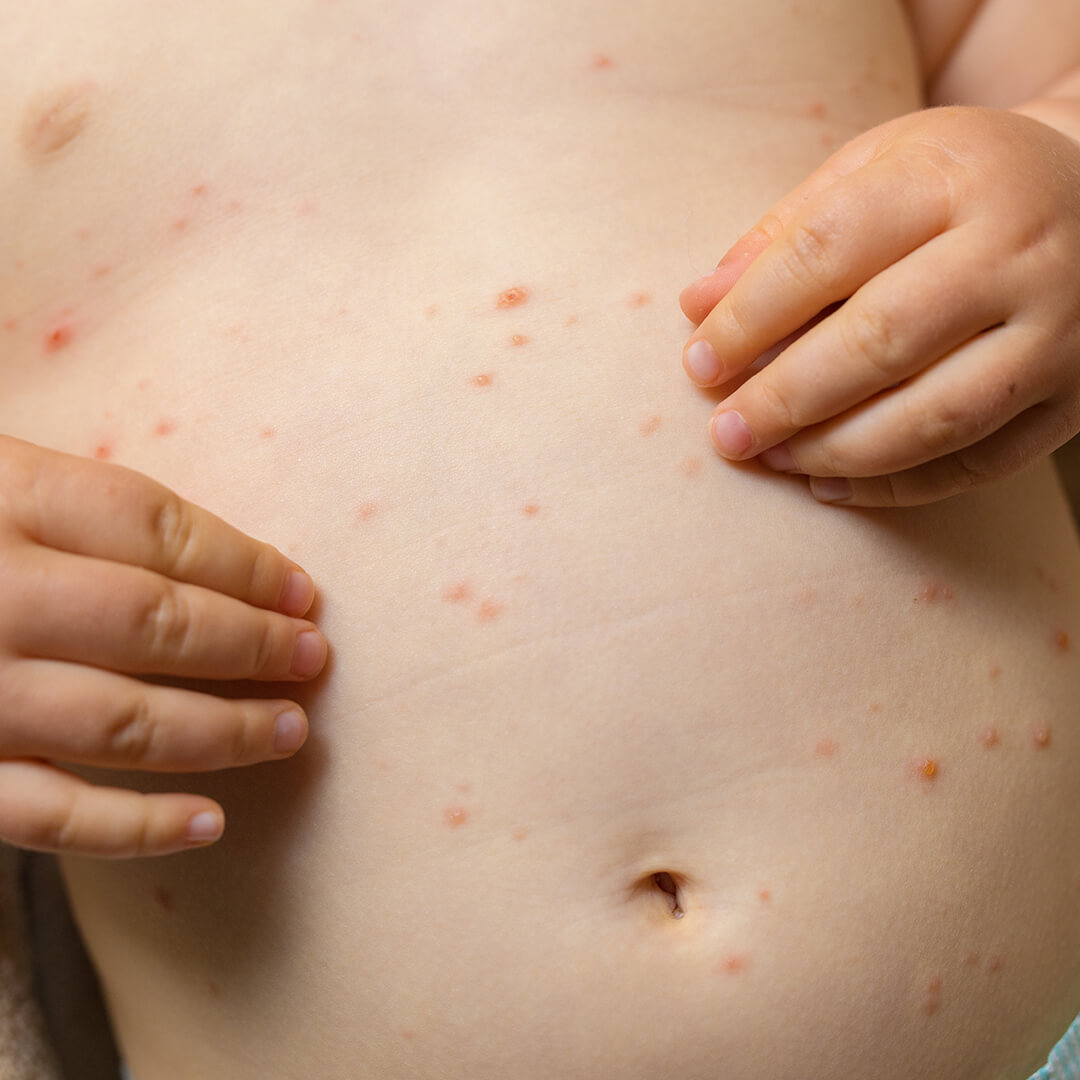Taking care of a newborn can be overwhelming, period. The last thing you want to worry about are rashes, white bumps and acne. Newborn skin is different, and one of the most important aspects of new born care is making sure that your baby’s delicate skin is healthy and free from any conditions.
Newborn skin conditions can range from harmless to serious and it is essential for parents to be aware of the potential issues and how to best handle them. In this article, we will cover all the essential facts every parent needs to know about newborn skin conditions, including characteristics of newborn skin, common skin conditions in newborns, and when to seek medical help from a neonatologist.
What makes newborn skin unique?
Newborn skin is unlike any other type of skin, and understanding its unique characteristics is essential for maintaining your baby’s skin health. A newborn’s skin is thinner, more fragile, and more permeable than adult skin. This means that it is more susceptible to irritations, infections, and dehydration.
Newborn skin also has a protective coating called the vernix caseosa that helps to regulate the temperature and hydration levels of the skin. However, this coating can also lead to a condition called milia, where small white bumps appear on the skin due to trapped dead skin cells.
Additionally, a newborn’s skin is highly sensitive and reactive to changes in the environment. Factors such as the temperature, humidity, clothing material, and skincare products can all impact the health of a newborn’s skin. Understanding these unique characteristics can help parents take the necessary steps to protect their baby’s skin from harm.
Common skin conditions in newborns, causes, symptoms and treatment
Newborn skin is delicate and sensitive, and it can be susceptible to various skin conditions that can arise during the first few weeks of life. Here are some common skin conditions that newborns experience:
- Neonatal acne: Also known as baby acne, this skin condition causes red bumps and pimples on the face, especially the cheeks, nose, and forehead. Neonatal acne is caused by maternal hormones, and it usually disappears on its own within a few weeks.
- Eczema (Atopic Dermatitis): This chronic skin condition causes dry, itchy, and red patches on the skin. Eczema can be caused by genetics, allergens, and irritants. Treatment usually involves the use of mild soap and moisturizer, avoiding triggers, and medication if necessary.
- Diaper rash: A diaper rash causes redness and irritation in the diaper area. It can be caused by friction, wetness, and exposure to urine and stool. To treat a diaper rash, keep the diaper area clean and dry, change diapers frequently, and use a diaper cream to soothe the skin.
- Cradle cap (Seborrheic Dermatitis): This condition causes oily and yellowish patches on the scalp. It can also appear on the eyebrows and eyelids. Cradle cap can be caused by the overproduction of sebum, and it can be treated with mild baby shampoo and a soft brush to remove the flakes.
- Milia (Little white bumps): Milia are small, white, and hard bumps that appear on the baby’s face, especially around the nose, chin, and cheeks. They are caused by blocked pores and usually disappear on their own within a few weeks.
- Miliaria (Heat rash): This condition causes red bumps and itching in areas where sweat is trapped under the skin. It can be caused by overheating, and it can be treated by keeping the baby cool and dry.
If you are looking for a neonatologist in Prabha Devi, click this link to book an appointment. With proper care and treatment, your newborn’s skin can be healthy and beautiful.

When to seek medical attention for a skin condition in a newborn
While most skin conditions in newborns are benign and will clear up on their own, there are certain situations where medical attention from a neonatologist is necessary. Here are some guidelines to help you determine when it’s time to see a doctor:
- The condition doesn’t improve with home remedies – If you’ve tried home remedies like moisturizing creams or gentle cleansers and the skin condition isn’t improving after a few days, it’s time to seek medical attention.
- The condition is spreading rapidly – If the skin condition is spreading rapidly or is affecting large areas of the body, it could be a sign of a more serious underlying issue and should be checked out by a doctor.
- The condition is causing discomfort or pain – If your baby seems uncomfortable or is in pain because of the skin condition, it’s important to get it checked out. In some cases, the discomfort could be a sign of an infection that needs medical treatment.
- The condition is accompanied by other symptoms – If your baby is experiencing other symptoms like fever, lethargy, or loss of appetite, it’s important to seek medical attention. These symptoms could be a sign of a more serious condition that needs immediate attention.
Remember, your baby’s skin is delicate and may need special care. If you notice anything unusual about your newborn’s skin, it’s always best to err on the side of caution and seek the advice of a medical professional. Located in Prabha Devi, we can help diagnose the condition and provide treatment options to keep your baby’s skin healthy and happy.

